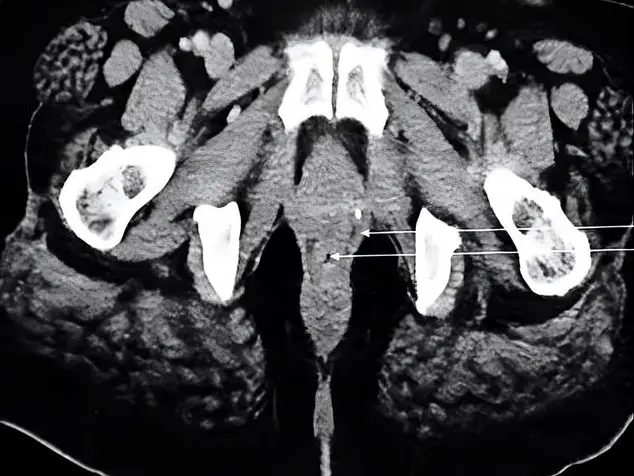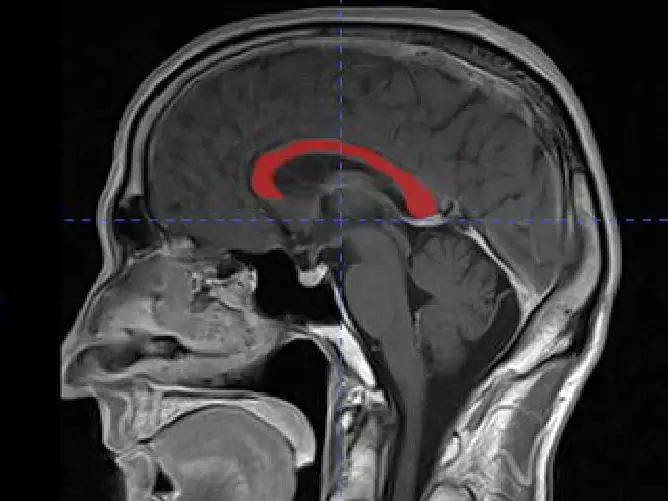Bisphenol A (BPA) is an environmental pollutant that harms different body systems. Previous investigations indicated that BPA exposure is linked to renal dysfunction. Among carotenoids, lycopene (Lyc) is one of the strongest antioxidants. This work was conducted to assess the potential protective benefits of Lyc on oxidative stress and biochemical and histological abnormalities induced by BPA in the kidney. Adult male rats were divided into: control group, Lyc group (4 mg/kg /day), BPA group (50 mg/kg/day), and Lyc-BPA group. The agents were given orally for eight weeks.
BPA induced a marked increment in malondialdehyde (MDA) and a marked decrement in the superoxide dismutase (SOD) level. A marked rise in creatinine and urea levels was also reported. Marked histopathological alterations were demonstrated in the renal cortex. Atrophy of the renal corpuscles, dilated tubules with degenerated epithelium, dilated congested cortical renal blood vessels, and cellular infiltration were demonstrated. Up-regulation of the immune expression of desmin and down-regulation of Bcl2 were also detected. Interestingly, co-administration of Lyc and BPA ameliorated to a great extent most of the biochemical and histopathological alterations induced by BPA. In conclusion, BPA had a harmful impact on the kidney of rats and Lyc protected against renal damage through its antioxidant, anti-inflammatory, and anti-apoptotic effects.



